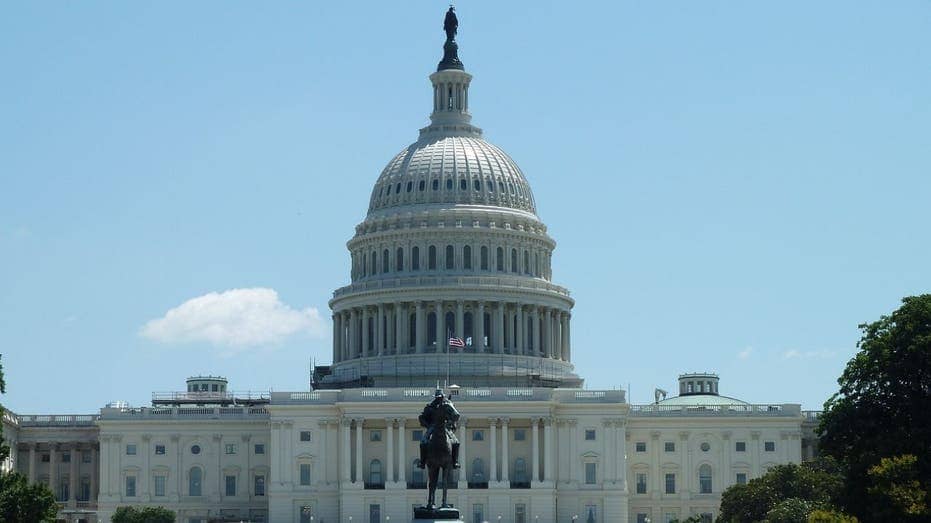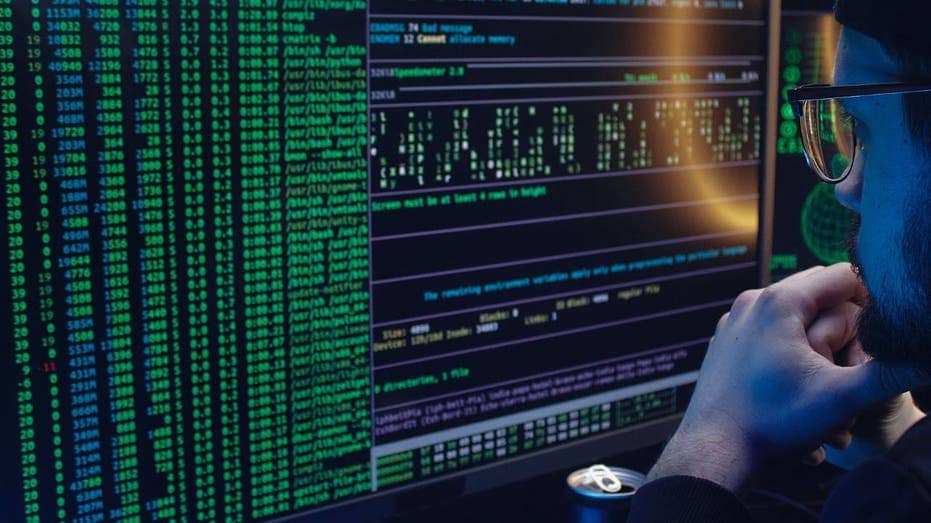Have you ever wondered whether or not the government is watching what you do online? It’s not an unreasonable question to ask.
After all, whistleblowers like Julian Assange and Edward Snowden revealed that the government might be taking a closer look at us than we’d like to think about it.
However, we may not know to what extent the government has the capability to monitor us to some degree. The reasons why, who they’re looking at and what they’re looking at are another question.
Let’s break down whether or not the government is watching you and what to do about protecting your privacy online.
Maybe, maybe not. While the U.S. government theoretically can watch most people’s activities online, they’re likely only paying attention to certain individuals. This comes after the U.S. Patriot Act, which was passed post-9/11. The act significantly expanded the powers of U.S. law enforcement and intelligence agencies to take a closer look into individuals suspected of terrorist activities or anything that would be considered a concern for national security.
GET FOX BUSINESS ON THE GO BY CLICKING HERE
Generally, the consensus is that if you’re not doing anything suspicious online, then there’d be no reason for the NSA — the National Security Agency — to eavesdrop or snoop on your online activities. But, what if they could watch you even if you’re not doing anything sketchy? Wouldn’t you still want some sense of privacy?
No matter what, it’s important to be careful of what you post and do online, as nothing is ever 100% private. However, we don’t blame you for not wanting the government to know intimate details you may share with friends and family online via posts or messaging apps.
MORE: HOW TWO OF THE BIGGEST TECH COMPANIES ARE SECRETLY HELPING GOVERNMENTS SPY ON YOUR SMARTPHONE
There are several ways that the government can see what you’re doing online. Some of these would perhaps take court orders or warrants, depending on the circumstances. But, other methods may be ways in which you’re essentially giving away your information without you even realizing it!
Wiretaps and listening devices: Authorized by court orders, these can be used to intercept phone calls and text messages.
CCTV and facial recognition technology: AI tools used by governments can take the pictures you’ve shared on social media and enter them into a facial recognition database. Once they have that, they can pair it with CCTV cameras that can pinpoint your location and monitor your comings and goings.
Metadata analysis: Even if the content of communications is not intercepted, agencies can collect metadata — data about data — such as the time and duration of phone calls, email addresses of senders and recipients, and the locations of the communicating parties.
Data collection programs: These programs can collect vast amounts of data from internet service providers and tech companies, including emails, chat messages, web searches, and more, especially when you sign into accounts that identify and track you.
Backdoor access to devices and software: Governments can pressure or collaborate with technology companies to gain backdoor access to devices and software, allowing them to bypass encryption and directly access data and communications.
Social media monitoring: Government agencies monitor social media platforms to gather intelligence.
HOW TO PROTECT YOUR ONLINE PRIVACY AND SECURITY ON YOUR NEXT CRUISE VACATION
MORE: NEWLY IPHONE SPYWARE TOOL SOLD TO GOVERNMENTS FOR TARGETED SURVEILLANCE
There are many ways to keep yourself safer online, but it all depends on who you’re trying to keep yourself safe from. Governments and hackers obviously have much different intentions when it comes to spying on your online activity, and therefore, the measures you’d take to protect your privacy may vary. However, none of these methods are foolproof or guaranteed to work against government surveillance, and some of them may have drawbacks or limitations.
1. Know your rights, but respect the law: The first step in maintaining some level of privacy is to know what your rights are, as well as what you can and cannot do online. Again, as long as you are not doing anything illegal or harmful to anyone online (surely, we don’t need to list these out), there should be no reason to worry about the government watching you. That being said, it doesn’t hurt to stay up to date with recent trends in privacy and security, government laws, and knowing where your rights protect you.
2. Secure your browser: Next, you can adjust your browser’s privacy settings to minimize data sharing. Consider using a privacy-focused browser.
While some people might also choose to surf the web in private or incognito mode, it’s important to note that this does not shield you from external monitoring, including potential government surveillance.
3. Use encrypted messaging apps: If you want your messages and calls to be private, consider ditching certain mainstream messaging apps and sticking to encrypted ones. There are some apps that offer end-to-end encryption such as Signal, WhatsApp or Telegram.
4. Turn off your microphone and camera (and permissions): While it’s debatable whether the government can see or listen to you, it doesn’t hurt to turn off your mic and webcam when you’re not using them. You may also want to double-check whether you’re permitting apps to access them without you realizing it.
5. Be careful what you post on social media: Not only should you regularly review and adjust your privacy settings on social media platforms, but you should also be careful about what you post on your page. If you don’t want a stranger or a boss knowing about it, then don’t post anything you wouldn’t want the government to necessarily see, either.
6. Use a VPN: Consider using a VPN to protect against hackers snooping on your device as well. VPNs will largely protect you from those who want to track and identify your potential location and the websites that you visit. See my expert review of the best VPNs for browsing the web privately on your Windows, Mac, Android & iOS devices.
MORE: BIG BROTHER’S NEW PLAN TO SPY ON AND CHARGER NYC DRIVERS
We may never know for sure how much our government can watch or listen to what we do online. Even if you’re not up to anything suspicious, it’s perfectly normal not to want your government snooping on you. By using some of the strategies we mentioned — including a VPN — you can keep your online activity more private.
Do you have concerns about the government watching your online activity? What do you do about it? Let us know by writing us at Cyberguy.com/Contact
For more of my tech tips & security alerts, subscribe to my free CyberGuy Report Newsletter by heading to Cyberguy.com/Newsletter
Ask Kurt a question or let us know what stories you’d like us to cover.
Answers to the most-asked CyberGuy questions:
Copyright 2024 CyberGuy.com. All rights reserved.




